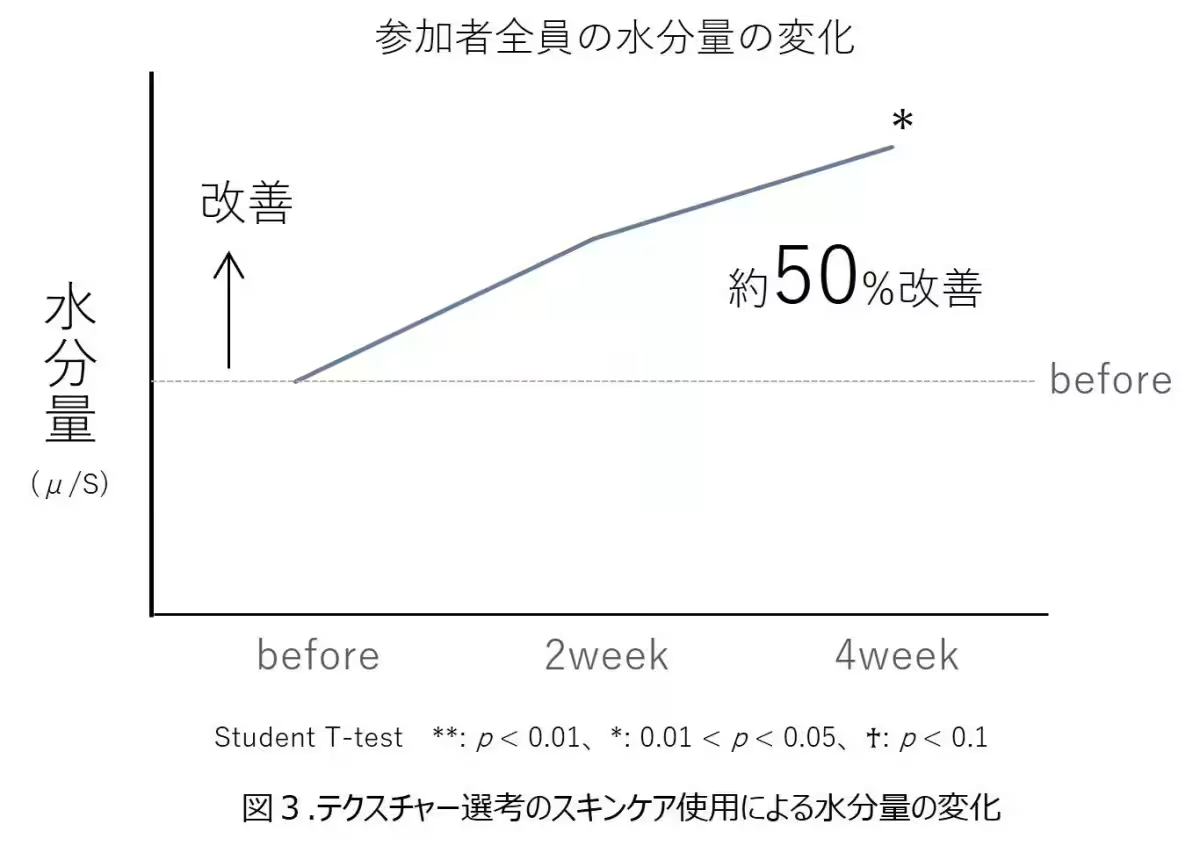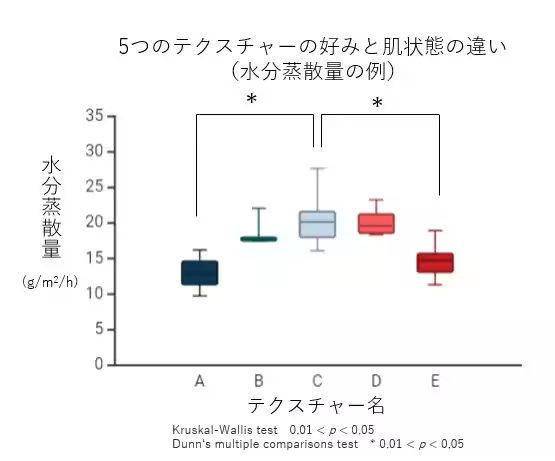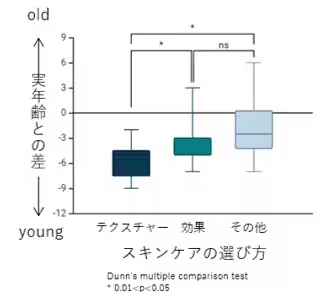

Innovative Research Links Skin Care Texture Preference to Youthful Skin Aging
Discovering the Key to Youthful Skin
As a company dedicated to the pursuit of beauty and health for 140 years, MomoTani Juntenkan, led by CEO Seiichiro Momotani, in collaboration with Professor Katsunori Okajima from Yokohama National University, has unveiled innovative findings in skin care research. A recent study conducted with 60 women aged between 20 and 50 and using image analysis to evaluate skin age has uncovered an intriguing insight: women who select skin care products based primarily on texture tend to have skin that is significantly younger than their actual age when compared to those who consider ingredients and effects more critically.
This research emphasizes the importance of sensory experiences in skin care choices and is expected to provide new insights for future product development and consumer behavior within the industry.
Background of the Study
In recent years, the rise of social media has led to an overwhelming increase in product information exposure for consumers, resulting in a phenomenon termed 'decision fatigue.' The COVID-19 pandemic has heightened awareness of the need for self-care, steering consumer behavior towards prioritizing personal experience with products. Recognizing these social shifts, the study aimed to scientifically investigate how criteria in selecting skin care products influence skin conditions.
Under the supervision of Professor Okajima, a leading figure in sensory information engineering at Yokohama National University's Graduate School of Environment and Information Studies, the research was meticulously conducted.
Research Findings
The study analyzed the skin ages of participants in relation to their criteria for choosing skin care products. It was revealed that those who focus on texture experienced a notable correlation with youthful skin, maintaining a strikingly lower average skin age compared to their chronological age.
To dive deeper, five types of lotion varying in sensory experiences (labeled A to E) were provided. Participants' preferences were analyzed concerning their skin's moisture levels, oil content, and overall elasticity. The results indicated distinct patterns between skin characteristics and selected textural preferences:
- - A: Lower moisture loss with higher oil levels
- - B: Standard moisture levels with lower oil
- - C: Higher moisture loss with less hydration
- - D: High levels of both moisture and oil
- - E: Standard oil with low moisture loss
These findings suggest that individuals might intuitively select textures that are best suited for their unique skin conditions.
Moreover, when subjects used lotions and creams aligned with their textural preferences for a month, significant improvements in skin hydration were noted. An accompanying survey indicated that less than 10% of participants felt choosing a product based on texture was tedious, with over 90% embracing the process positively.
Interestingly, all participants, even those who experienced some tedium, reported noticeable improvements in their skin conditions. This reinforces the potential of texture-focused skin care and its benefits for a broad user base.
Future Outlook
The study firmly establishes that selecting skin care products based on preferred textures can enhance skin hydration and overall condition. In an era abundant with information, the implications are clear: focusing not only on ingredients and effects but also on personal comfort in product choice can significantly contribute to skin health.
MomoTani Juntenkan is committed to leveraging these insights, continuing to develop skin care products emphasizing both efficacy and sensory enjoyment. A new product line is slated for launch by the end of June 2025, focusing on offering solutions that align with our mission of creating a beautiful future for people and the planet.
Comment from Professor Okajima
Professor Katsunori Okajima from Yokohama National University reflects on these findings, stating:
“Historically, preferences for skin care textures were regarded as a mere aesthetic choice. However, our experiments have shown that individuals who prefer textures that feel pleasant to them experience younger skin ages. Moreover, using favorable textures enhances skin conditions, confirming that what feels right can positively impact skin health. Importantly, choosing textures is experienced as enjoyable rather than burdensome, indicating that individual sensation plays a crucial role in enhancing beauty. I anticipate that applying sensory engineering will unlock new possibilities in skin care.”
Through this collaborative research, MomoTani Juntenkan and Yokohama National University illuminate an essential shift in the realm of beauty and skin care, where the consumer's personal preference can shape not just their choices, but their skin’s future.





Topics Consumer Products & Retail)










【About Using Articles】
You can freely use the title and article content by linking to the page where the article is posted.
※ Images cannot be used.
【About Links】
Links are free to use.